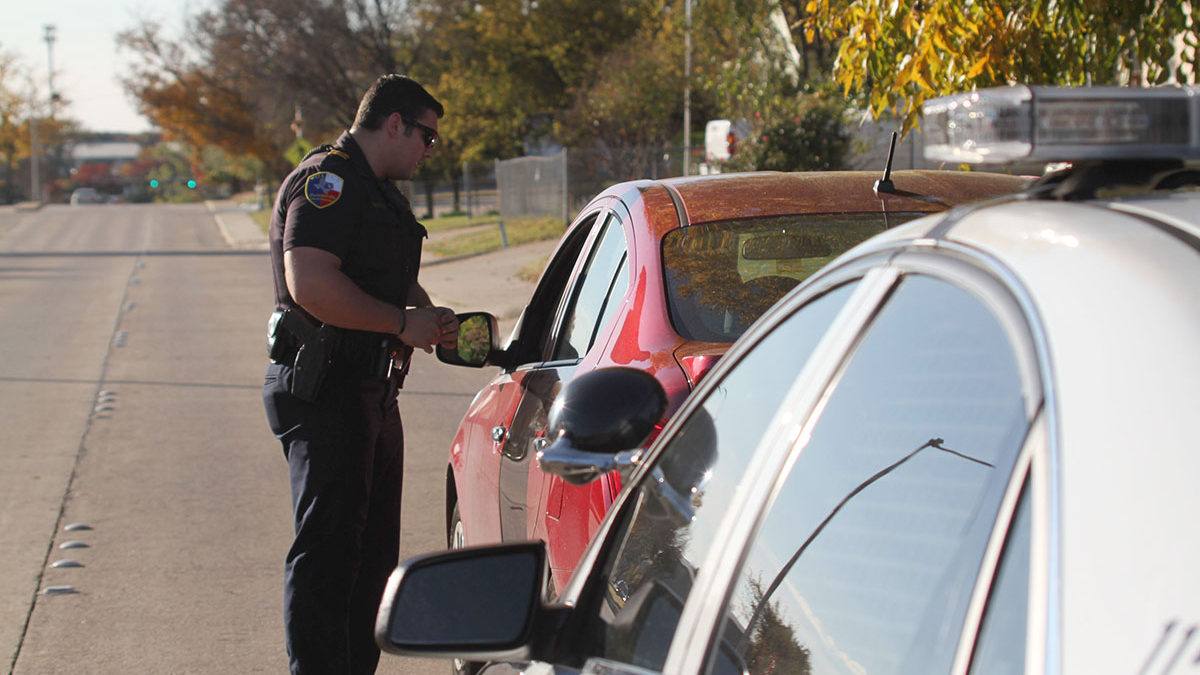Yes. But you are under no obligation to answer the officer’s questions. In order to make the request the officer must have reasonable suspicion for the initial encounter. The Fourth Amendment to the United States Constitution protects citizens from unreasonable searches and seizures. Citizens have a right to privacy in their ordinary lives and in order for the government to invade that privacy the law requires that the police have a reasonable suspicion of criminal activity to initiate a stop of an individual. An arrest requires more. To arrest an individual, police must have probable cause to believe that a crime has occurred and the individual committed that crime.
However, police officers, like other citizens, have the right to approach someone and ask questions. Just as the officer is free to ask questions the individual is free to refuse to answer.. However, because you may not be aware of the basis for the officer’s suspicion (which may be reasonable), a person should always give their name and possibly a form of identification if requested by police officer who has properly identified himself.
Beyond that no citizen is required to answer any other questions. It is smart to tell the officer “I want a lawyer and will not answer any questions until I speak to one pursuant to my rights under the 4th, 5th and 6th Amendments to the United States Constitution. When dealing with a police officer, it is always prudent to invoke your right to remain silent.













Like!! Great article post.Really thank you! Really Cool.